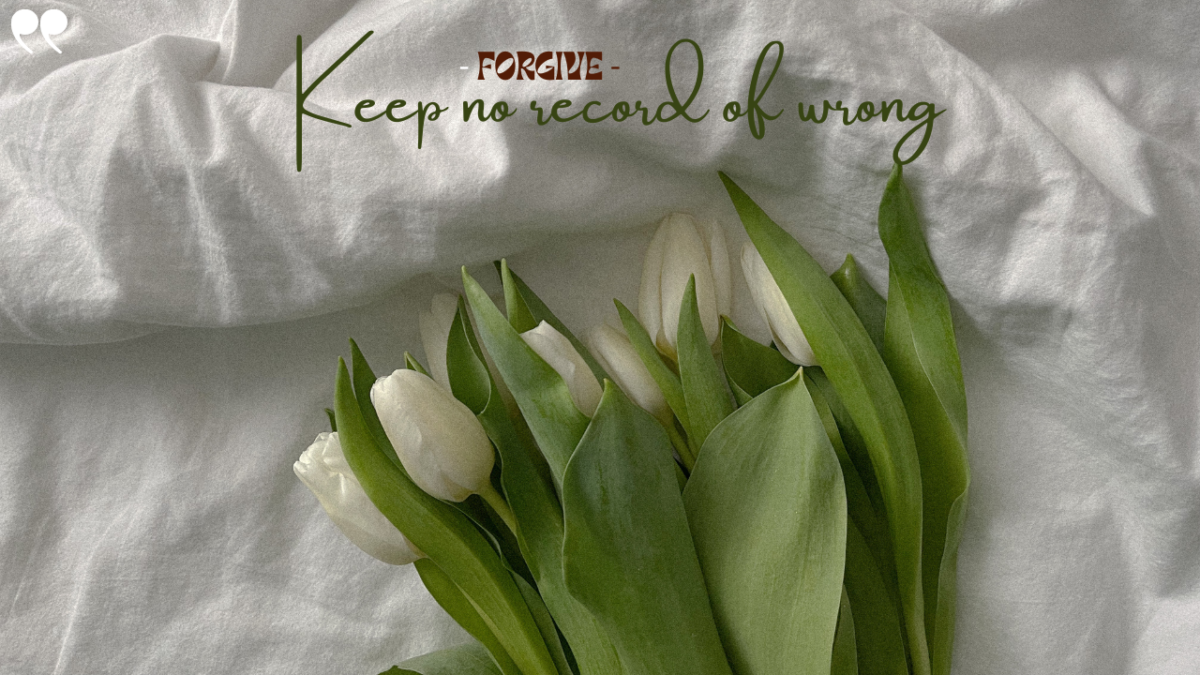Have you ever felt angry, hurt, or betrayed by someone who did you wrong? Or, have you ever struggled to let go of the resentment and move on with your life? If so, you are not alone. Many people find it hard to forgive others, especially when they feel deeply wounded or wronged by people closest to them. But holding on to grudges and bitterness can have negative effects on your health and happiness. In this blog post, where I will explain why forgiveness is important for you and how you can practice it in your daily life.

Forgiveness is not a sign of weakness or condoning the offence. Neither does it mean forgetting what happened or pretending that everything is fine. Implicitly, forgiveness is a conscious decision to release yourself from the burden of anger and resentment that you carry towards someone who hurt you. It is a gift that you give to yourself, not to the other person.
Why is forgiveness important?
According to research, practising forgiveness can have powerful health benefits. Observational studies, and even some randomized trials, suggest that forgiveness is associated with lower levels of depression, anxiety, and hostility; reduced substance abuse; higher self-esteem; and greater life satisfaction. Forgiveness can also improve your physical health by lowering your blood pressure, heart rate, and stress hormones; enhancing your immune system; and reducing your predisposition to chronic diseases.
How can you practice forgiveness?
It is mportant to note that forgiveness is not a one-time event, but rather, a process that takes time and effort. Here are some steps that can help you along the way:
Acknowledge your feelings.
Don’t deny or suppress your emotions. Deliberately allow yourself to feel the pain, anger, or sadness that the offence caused you. Since expressing your feelings can help you release them and heal.
Empathize with the offender.
Try to see the situation from their perspective. It is important to determine what might have motivated them to act the way they did? Or what challenges or difficulties might they have faced? TO empathise does not mean excusing their behaviour but understanding it.
Decide to forgive.
It is time to make a conscious choice to let go of your resentment and move on with your life. Since forgiveness is for your benefit, you don’t have to wait for an apology or a change in the offender’s behavior. You can simply forgive them for your own sake, not for theirs.
Rebuild trust.
If possible and appropriate, try to restore or improve your relationship with the person who hurt you. This may involve setting boundaries, communicating openly, and working together to resolve conflicts. However, If the relationship is too toxic or abusive, you may decide to end it or limit contact with the person.
Seek support.
Forgiveness can be hard to do on your own. You may particularly benefit from talking to a trusted friend, family member, counsellor, or spiritual leader who can listen to you and offer guidance. Additionally, you may also join a support group or a forgiveness program that can help you learn from others who have gone through similar experiences.
In conclusion
Forgiveness is not easy, but it is worth it. We now understand that by forgiving others, you free yourself from the negative emotions that weigh you down and prevent you from living fully. You also open yourself to more peace, joy, and love in your life. Remember that forgiveness is a journey, not a destination. As much as you may encounter obstacles or setbacks along the way, don’t give up. Keep practicing forgiveness and you will reap its rewards.
